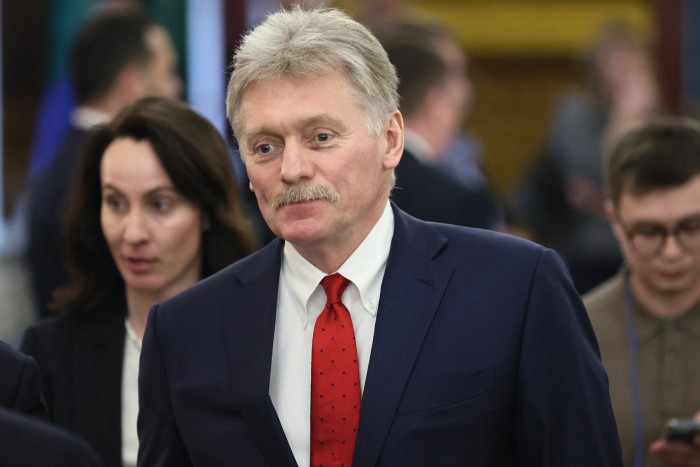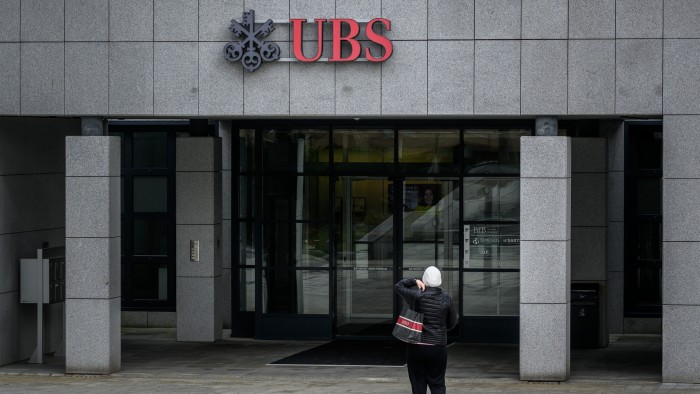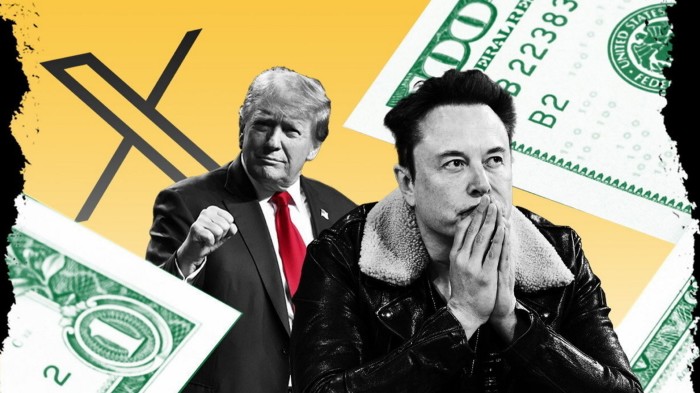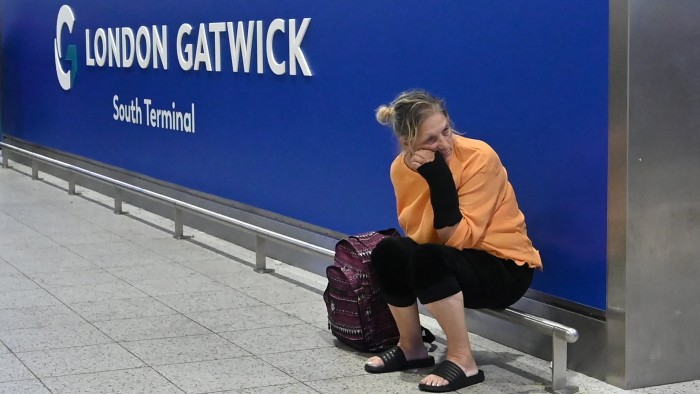Russia dismisses Trump’s criticism of ‘crazy’ Putin

Unlock the White House Watch newsletter for free
Your guide to what Trump’s second term means for Washington, business and the world
Russia has brushed off US President Donald Trump’s description of Vladimir Putin as “crazy” as it escalated aerial attacks that have hit Ukraine with more than 1,000 drone and missile strikes in three days.
Asked about Trump’s sharp condemnation of attacks that killed at least a dozen civilians, Kremlin spokesperson Dmitry Peskov said Putin was grateful to the US president for helping organise direct talks with Kyiv, but sought to justify the assaults as necessary for Russia’s security.
“We are at a critical point that has, of course, much to do with absolutely everyone’s emotional overload and emotional reactions,” state newswire RIA Novosti quoted Peskov as telling reporters on Monday.
Trump on Sunday night hit out at Putin after Russia’s aerial attacks killed civilians and destroyed apartment blocks, shattering any hope a record prisoner exchange completed earlier in the day might lead to a cessation of hostilities.
“He is killing a lot of people. I don’t know what the hell happened to Putin,” Trump told reporters. “We’re in the middle of talking and he’s shooting rockets into Kyiv and other cities . . . I don’t like it at all.”
Later on Sunday, Trump said in a Truth Social post that “something has happened” to Putin. “He has gone absolutely CRAZY!” the president wrote.
His remarks were perhaps the most striking indication to date of tension between the US and Russian leaders, who have previously celebrated their personal relationship despite Putin’s full-scale invasion of Ukraine in 2022.
After Trump’s comments on Sunday, Russia carried out its third huge air attack on Ukraine in as many nights. The Ukrainian air force said the assault was the single largest drone attack since the Russian invasion began, trumping even the previous two nights. It said Russia had launched 903 drones and 92 missiles against Ukraine since Friday.

Trump had on Sunday appeared to take exception to a comment by Ukraine’s President Volodymyr Zelenskyy that Russia’s weekend attacks were being met with “silence” from the US.
“Everything out of his mouth causes problems, I don’t like it, and it better stop,” the US president said.
On Monday, Zelenskyy said the attacks had “no real military logic” but “significant political meaning”. “Putin shows just how much he despises the world — the world that spends more effort on ‘dialogue’ with him than on real pressure.”

Zelenskyy said that “only through . . . the strength of the United States [and] of Europe” could Russia’s attacks be stopped.
“The increase in Russian strikes should be met with increased sanctions,” he said. “Russia’s disregard for diplomacy and refusal even to consider a ceasefire must be met with a freeze on Russian finances and a halt to its oil trade.”
German foreign minister Johann Wadephul said on Sunday evening that Russia’s weekend attacks were “an affront” to Trump, who had “made great efforts to bring Vladimir Putin to the negotiating table”.
“It’s clear that Putin doesn’t want peace,” Wadephul said. “He wants to continue the war. And we must not allow him to do so. That is why we will decide on further sanctions within the European framework.”

Some Ukrainian officials and western analysts have warned that the surge in Russian missile and drone attacks over the weekend could be the opening phase of a renewed large-scale aerial campaign timed to coincide with a potential new ground offensive.
Putin has rejected US and European calls for an immediate ceasefire. So far the only agreement Moscow has lived up to is the 1,000 Ukrainian prisoners of war exchanged over the weekend for 1,000 Russian PoWs.
Russian officials have in recent days suggested that they could again invade the Sumy and Kharkiv border regions in Ukraine’s north-east, while Putin said his army was working to create a “buffer zone” in that area.





